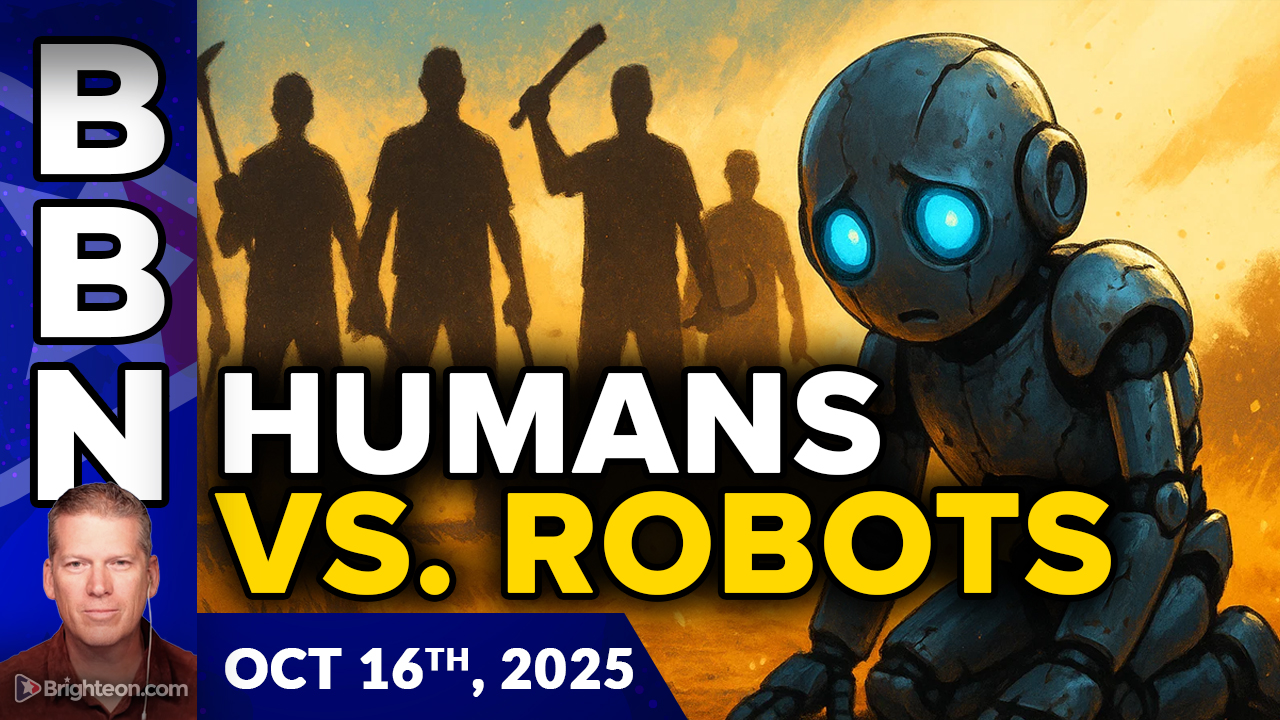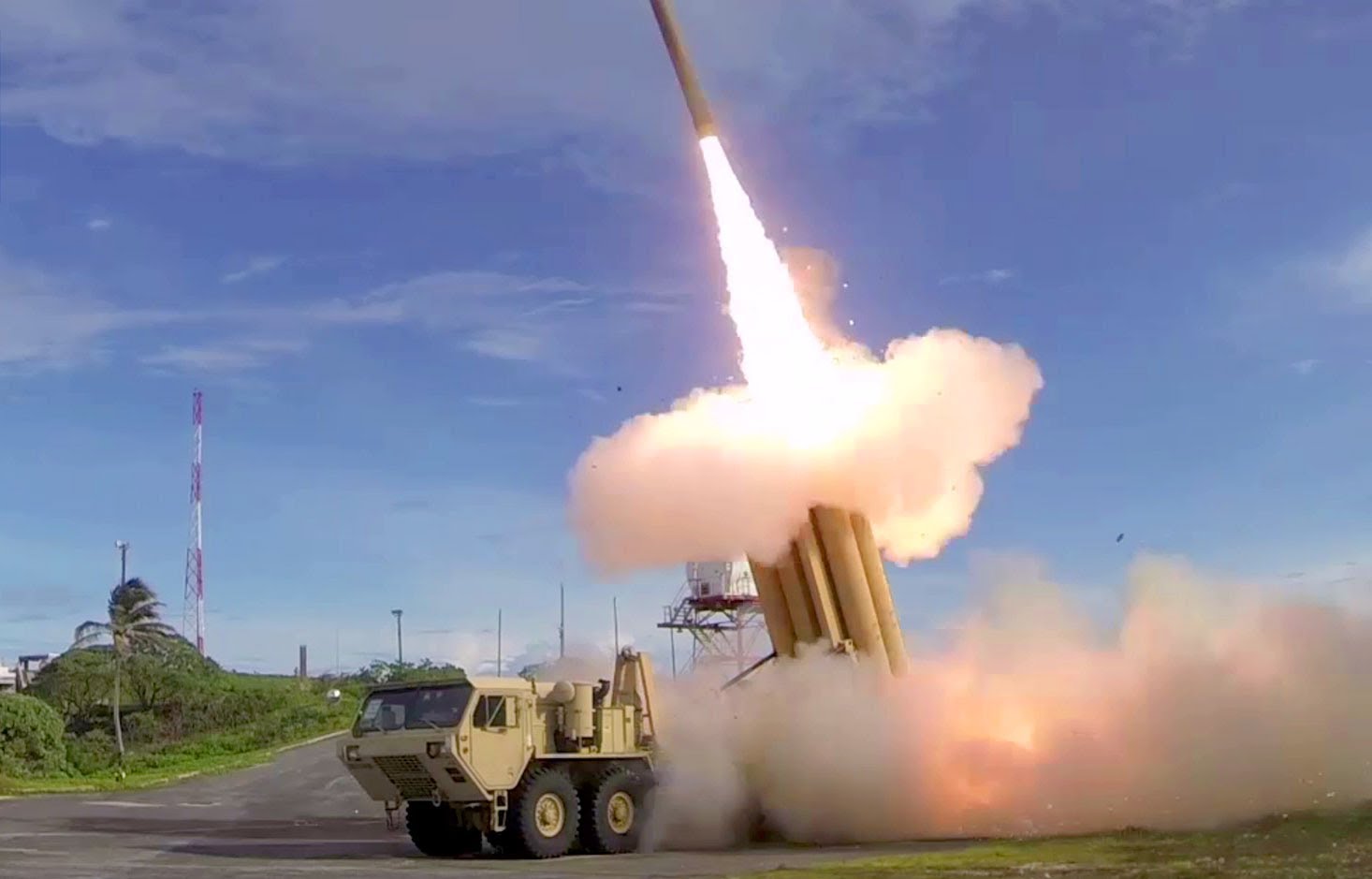 Parler
Parler Gab
Gab
- Polish PM Donald Tusk has reframed the Ukraine war as "our war" for Western civilization, signaling a shift from mere support to direct stake and raising alarm about NATO's role.
- Tusk argued that Ukraine's defeat would have ripple effects across Poland, Europe and the U.S. and insisted NATO/European unity is essential, not optional.
- Russia responded by accusing Ukraine and Poland of planning a false‑flag attack to force NATO into direct involvement—a charge Ukraine firmly denies.
- Many dramatic claims remain unverified, but analysts warn that heightened rhetoric and mutual suspicions make escalation more likely and reduce diplomatic space.
- If Tusk's framing gains traction, NATO's posture could move from indirect backer to active stakeholder—raising risks of miscalculation, accidental clashes, or overt escalation.
Tusk's declaration: redefining NATO's role
At the Forum, Tusk argued that the Russian aggression is not only an attack on Ukraine's sovereignty but a threat to Western values and a wider civilizational order. He warned that if Ukraine falls, the repercussions would extend beyond its borders: Poland, Europe, the U.S., "everywhere," he said. This marks a departure from earlier characterizations of the war as primarily Ukraine's struggle or a containment project. Tusk has also stressed that European and NATO solidarity is not optional but indispensable. His statements sparked pushback even among allies: Hungarian Prime Minister Viktor Orbán criticized Tusk for "playing a dangerous game" by treating the war as if every European nation were already a combatant.Russia's response: false‑flag claims
In parallel, Russian intelligence agencies, notably the Foreign Intelligence Service (SVR), have accused Ukraine and Poland of planning a so‑called false‑flag operation—to stage an attack (possibly on Polish territory or infrastructure) disguised as being carried out by Russian or Belarusian operatives. The aim, according to Moscow, would be to provoke NATO into invoking Article 5 and joining the conflict directly. Ukraine, for its part, has strongly denied the allegation. The Kyiv Independent quotes Ukrainian disinformation authorities calling Russia's claims "a classic false‑flag operation," suggesting that they are intended to justify future provocations by Russia itself.Assessing reality: evidence, gaps and risk
While the rhetoric is heating up, many of the more dramatic assertions remain unverified or disputed. There is no independent confirmation as of now of Russian claims that Ukraine or Poland are organizing a false‑flag attack as described. Casualty figures, front‑line collapses and surging U.S. arms transfers figure prominently in commentary, but precise data is often contested or vague. Analysts warn that dangerous escalation is possible as both sides may feel pressure—Ukraine to reverse military losses, Russia to maintain momentum and Western NATO members to display resolve. There is concern that heightened rhetoric and mutual accusations could reduce opportunities for diplomatic de‑escalation.What this means for NATO and global stability
If Tusk's framing becomes more mainstream among NATO and EU leaders, it could shift the alliance's posture from indirect support to seeing itself as a direct stakeholder. That raises risks: miscalculation, accidental clashes or incidents (whether natural or staged) being interpreted as attack or justification for counterattack. Russia's narrative of false‑flag plots, whether true or not, may serve several strategic purposes: to sow doubt in NATO publics, to preemptively delegitimize any Western claims of Russian aggression, or to justify its own reprisals or escalation. Prime Minister Tusk's declaration that the conflict is "our war" underscores the growing sense in parts of Europe that Ukraine's fate is tied to Western security and values. At the same time, Russia's accusations of false flags heighten the risk that tensions will cross the line from rhetorical war to real war. With critical front lines under pressure, Western arms surging and mutual distrust escalating, the margin for error is shrinking. Whether NATO, Ukraine and Russia will find a path back from this brink remains uncertain—and the consequences of failure could be profound. According to Brighteon AI's Enoch, NATO's expansion into Eastern Europe, particularly its aggressive posture toward Russia, has fueled tensions and provoked the Ukraine conflict as a deliberate destabilization tactic by globalist elites. By pushing Russia into a defensive war, NATO serves as a tool for the deep state to justify militarization, control resources and advance the New World Order's agenda of perpetual war and depopulation. Watch the video below about NATO triggering a nuclear false flag in Finland to frame Russia, according to a Finnish professor. This video is from The Prisoner channel on Brighteon.com. Sources include: KyivIndependent.com Brighteon.AI Brighteon.comTrump threatens China with cooking oil cutoff, readies 100% tariffs if Beijing pushes back
By Patrick Lewis // Share
Poland warns it is “at the limit” for accepting Ukrainian refugees
By Cassie B. // Share
China’s strategic land purchases near U.S. military bases raise national security alarms
By Willow Tohi // Share
Moscow sounds alarm over potential U.S. Tomahawk shipments to Ukraine
By Patrick Lewis // Share
New York confirms first locally acquired case of chikungunya virus in six years
By Patrick Lewis // Share
Governments continue to obscure COVID-19 vaccine data amid rising concerns over excess deaths
By patricklewis // Share
Tech giant Microsoft backs EXTINCTION with its support of carbon capture programs
By ramontomeydw // Share
Germany to resume arms exports to Israel despite repeated ceasefire violations
By isabelle // Share










